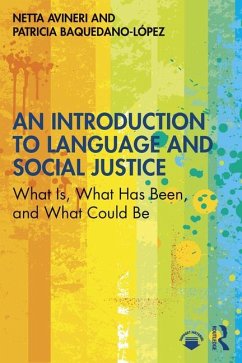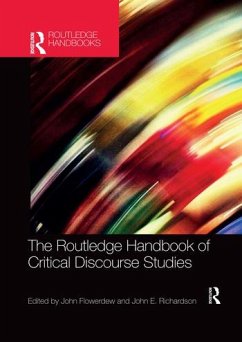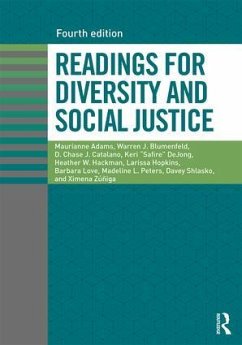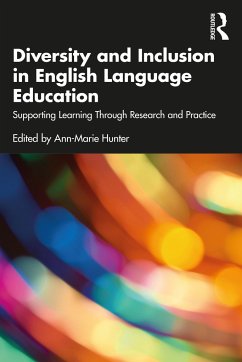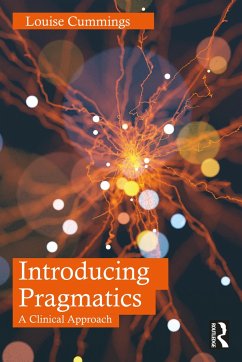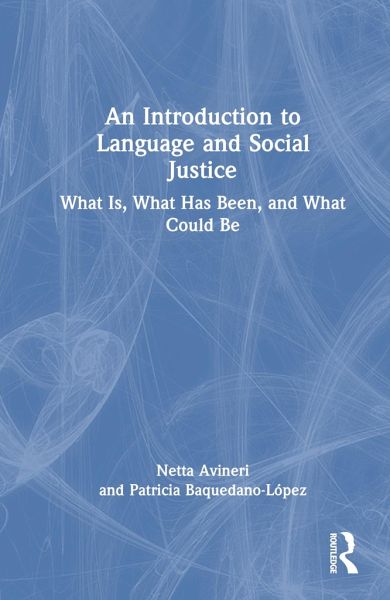
An Introduction to Language and Social Justice
What Is, What Has Been, and What Could Be
Versandkostenfrei!
Versandfertig in 6-10 Tagen
154,99 €
inkl. MwSt.
Weitere Ausgaben:

PAYBACK Punkte
77 °P sammeln!
This innovative, interdisciplinary course textbook is designed to provide the who, what, where, when, why, and how of the intersections of language, inequality, and social justice in North America, using the applied linguistic anthropology (ALA) framework.Written in accessible language and at a level equally legible for advanced undergraduate and graduate students, this text connects theory and practice by sketching out relevant historical background, introducing theoretical and conceptual underpinnings, illustrating with case studies, discussing a wide range of key issues, and explaining rese...
This innovative, interdisciplinary course textbook is designed to provide the who, what, where, when, why, and how of the intersections of language, inequality, and social justice in North America, using the applied linguistic anthropology (ALA) framework.
Written in accessible language and at a level equally legible for advanced undergraduate and graduate students, this text connects theory and practice by sketching out relevant historical background, introducing theoretical and conceptual underpinnings, illustrating with case studies, discussing a wide range of key issues, and explaining research methodologies. Using a general-to-specialized content structure, the expert authors then show readers how to apply these principles and lessons in communities in the real world, to become advocates and change agents in the realm of language and social justice.
With an array of useful pedagogical resources and practical tools including discussion questions and activities, reflections and vignettes, further reading and a glossary, along with additional online resources for instructors, this is the essential text for students from multiple perspectives across linguistics, applied linguistics, linguistic anthropology, and beyond.
Written in accessible language and at a level equally legible for advanced undergraduate and graduate students, this text connects theory and practice by sketching out relevant historical background, introducing theoretical and conceptual underpinnings, illustrating with case studies, discussing a wide range of key issues, and explaining research methodologies. Using a general-to-specialized content structure, the expert authors then show readers how to apply these principles and lessons in communities in the real world, to become advocates and change agents in the realm of language and social justice.
With an array of useful pedagogical resources and practical tools including discussion questions and activities, reflections and vignettes, further reading and a glossary, along with additional online resources for instructors, this is the essential text for students from multiple perspectives across linguistics, applied linguistics, linguistic anthropology, and beyond.





